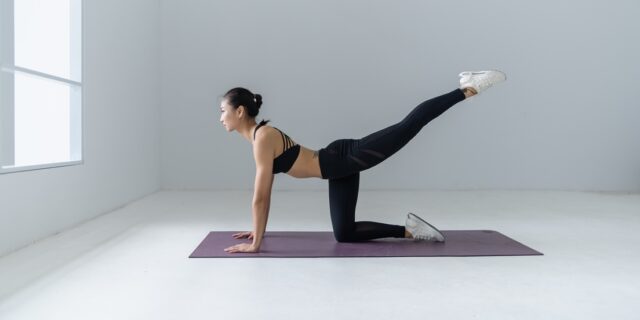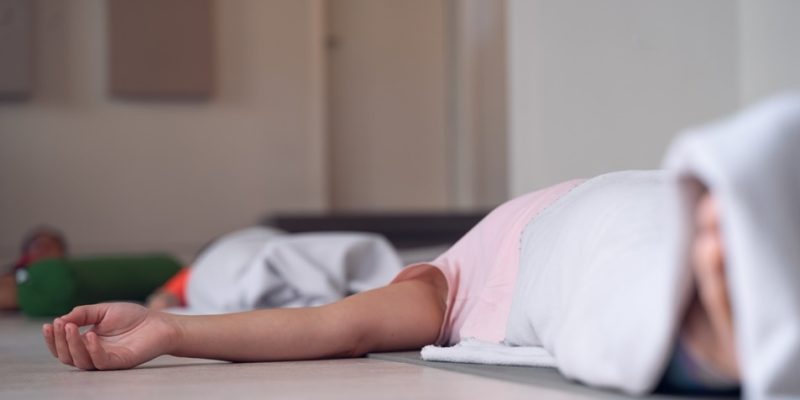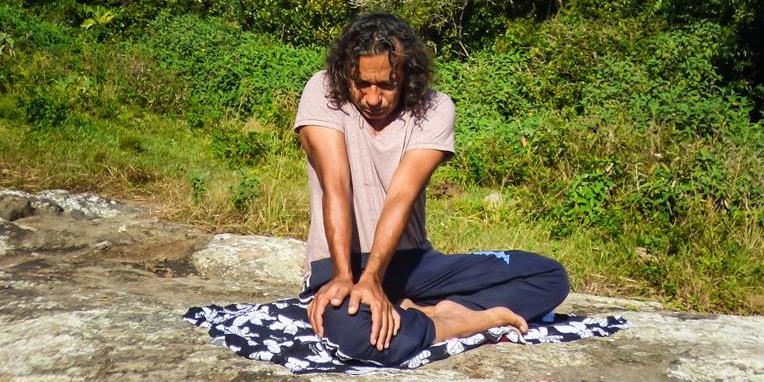
Eupnea, quiet breathing, or unlabored breathing is the condition of good, normal, rhythmic, healthy, relaxed, and effortless breathing with a relatively low respiratory rate. The normal respiratory rate for adults (the number of breaths a person takes per minute) varies between twelve and twenty breaths.
The counterpart of Eupnea is called Hyperpnea, which involves intensive and deep breathing, typically happening before, during, or after an exercise (such as when lifting a lot of weight), or when the body needs more Oxygen (such as at higher elevations with thinner air).

In any case, Eupnea involves a pattern of breathing that doesn’t require volitional exertion, but takes place when one is in a natural state of relaxation. It’s an unconscious mode of breathing, and as such also the opposite of practicing Breathwork, the latter being a deliberate, conscious activity.
During Eupnea, inhaling air occurs mechanically by using the diaphragm and external intercostal muscles. In fact, it mostly consists of a relaxed form of Abdominal Breathing. Exhaling air then is due simply by the automatic, elastic recoil of the lungs. Mind that in Eupnea air may enter or leave the nose or mouth.
Eupnea is further characterized by the duration of the exhalations, which usually take about three to four times longer than the duration of inhalations.
Moreover, Eupnea is pleasant, regular, efficient, and effective, and strikes a balance between maximum air intake, and a minimum of muscular effort.
When there’s danger or exertion, Eupnea commonly changes into a more labored form of breathing, usually characterized as Chest Breathing or Shallow Breathing.
















